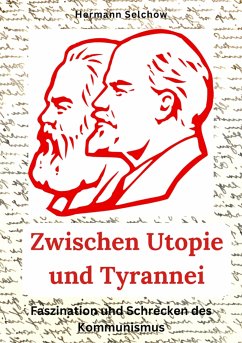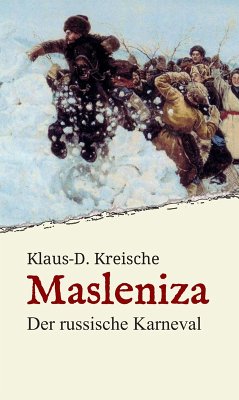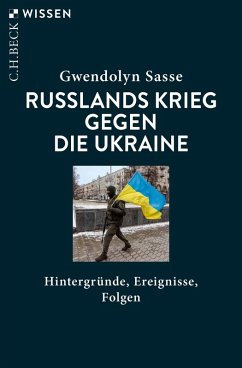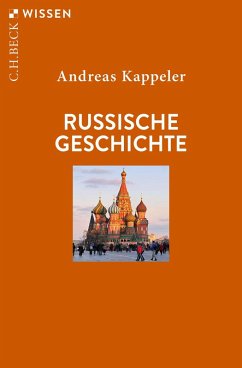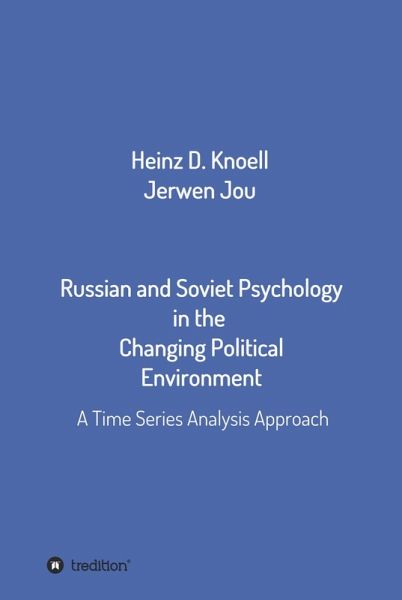
Russian and Soviet Psychology in the Changing Political Environment (eBook, ePUB)
A Time Series Analysis Approach
Sofort per Download lieferbar
Statt: 9,98 €**
4,99 €
inkl. MwSt. und vom Verlag festgesetzt.
**Preis der gedruckten Ausgabe (Broschiertes Buch)
Alle Infos zum eBook verschenkenWeitere Ausgaben:

PAYBACK Punkte
0 °P sammeln!
This monograph describes psychology in changing political environments in Tsarist Russia in the mid of 19th century, the Soviet Union, and the Russian Federation until the year 2000. Russia and the Soviet Union are of special interest, because of the multitude of political changes. There were not only the so-called October-Revolution in 1917, which initiated the Soviet rule, and the breakdown of the Soviet Union in 1990. But there were also a multitude of changes in Soviet times. In the beginning of the Soviet rule there were many new developments in sciences, which also affected psychology. S...
This monograph describes psychology in changing political environments in Tsarist Russia in the mid of 19th century, the Soviet Union, and the Russian Federation until the year 2000. Russia and the Soviet Union are of special interest, because of the multitude of political changes. There were not only the so-called October-Revolution in 1917, which initiated the Soviet rule, and the breakdown of the Soviet Union in 1990. But there were also a multitude of changes in Soviet times. In the beginning of the Soviet rule there were many new developments in sciences, which also affected psychology. Since Stalin assumed power, there were many developments and ideological restrictions as well.
Dieser Download kann aus rechtlichen Gründen nur mit Rechnungsadresse in A, B, BG, CY, CZ, D, DK, EW, E, FIN, F, GR, HR, H, IRL, I, LT, L, LR, M, NL, PL, P, R, S, SLO, SK ausgeliefert werden.




